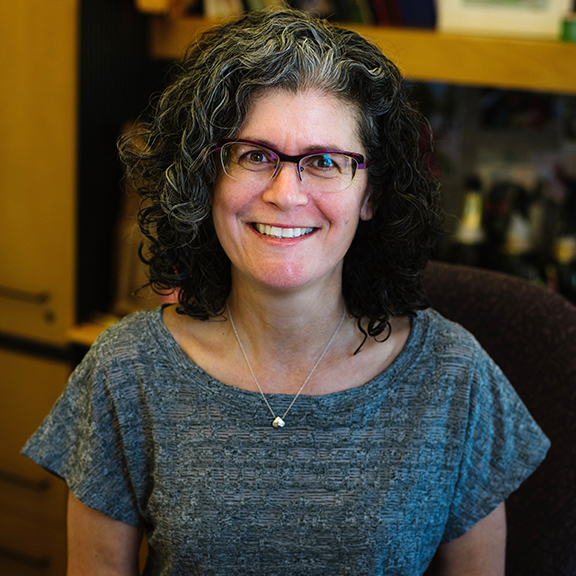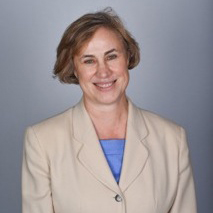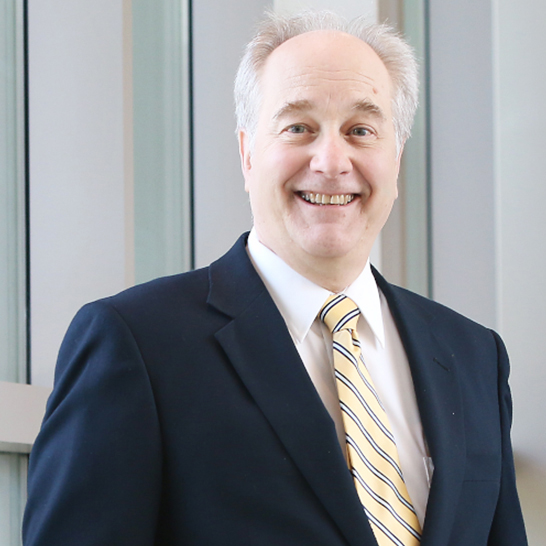TWiM explains personalized aerosilized phage therapy for a chronic lung infection, and using the combination of antibiotic and a DNA molecule that binds alpha-gal to reduce S. aureus infection in vivo.
TWiM explores the activation of natural product synthesis using CRISPR interference in Streptomyces, and how light/dark and temperature cycling modulate electron flow in Pseudomonas aeruginosa biofilms
The TWiM team explores how delivery of an enzyme into competitor cells leads to synthesis of (p)ppApp, depletion of ATP, deregulation of metabolic pathways, and cell death, and a refinement of our typical view of bacterial lag phase as a period of nonreplication.
The Microbial Comrades present the oldest osteosynthesis in history, and how a small molecule produced by stressed bacteria is a warning signal that repels healthy populations to promote their survival.
The TWiM team presents an extracellular bacterium associated with Paramecium, and induction of antiviral immunity by a bacteriophage that prevents bacterial clearance.
The Microbials discuss how ambrosia beetles utilize ethanol to farm fungi, and how cleaved cochlin protein sequesters bacteria in the inner ear to preserve hearing function.
The TWiM team pays a tribute to Chris Condayan, and investigates the synergy between virus and the innate immune system for clearing bacterial pneumonia by phage therapy.
Vincent, Michael, and Michele explain the use of an electrochemical gradient to eliminate bacterial biofilms, and how phage susceptibility can be transferred by exchange of receptor proteins.
Jennifer joins Vincent, Elio, and Michael to talk about the work of her laboratory on how a respiratory virus enhances bacterial growth by dysregulating nutritional immunity.




